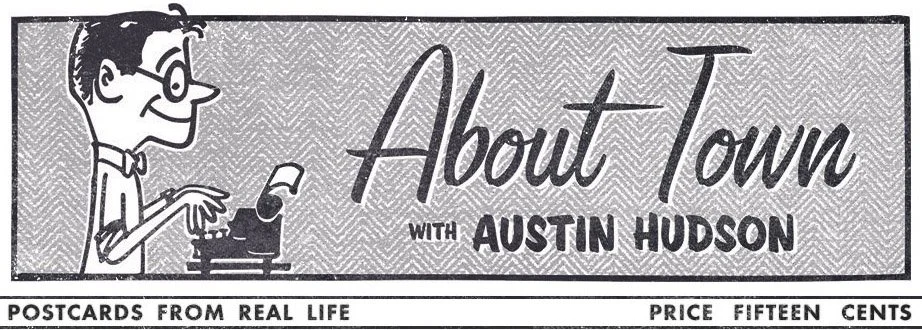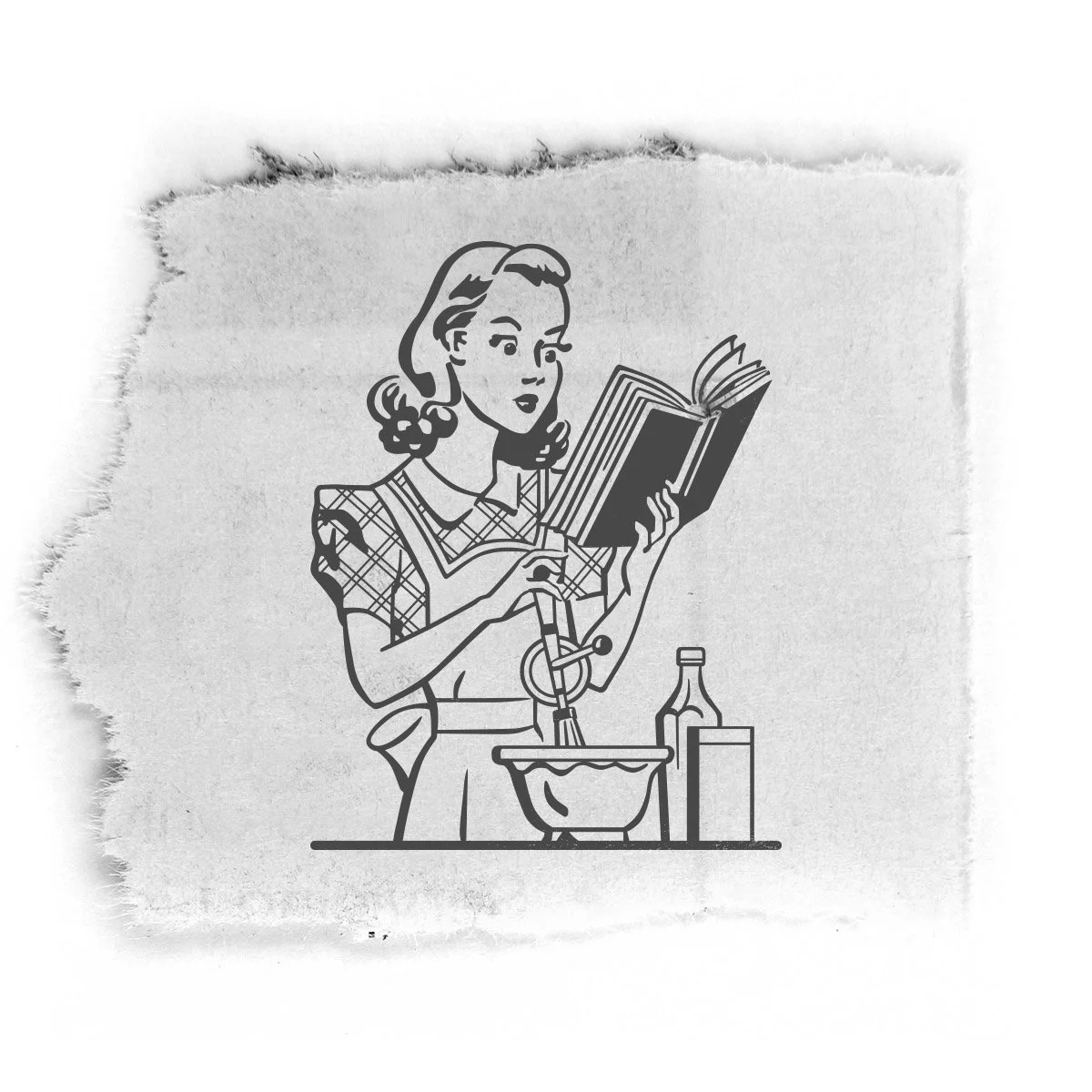Reading Habits, Water Bottles, and Sidewalk Drama
As August arrives, the pace of life in South Jordan softens — not from laziness, exactly, but from heat and hydration. We’re still getting things done, just more slowly and with greater reliance on iced beverages and the city’s sometimes limited supply of shade. It’s our season of literary ambition (followed quickly by literary compromise), of half-frozen water jugs left behind on the soccer field, and of neighborhood strolls where the social rules of sidewalk usage are rewritten in real time. And even as we vociferously wish for the temperature to drop, another part of us remembers the cruel realities of the colder months in our mountain desert state. Perhaps one day we'll be happy with the season we’re in — but we're confident today is not that day.
Problems That Can Be Solved in Under 200 Pages
As is often the case when the weather becomes too warm, we found ourselves in one of South Jordan's public libraries, ostensibly to expand our horizons but also, admittedly, to beat the heat. While the newest branch near the ballpark is elegant and modern, we prefer the aging library near City Hall. It is difficult to take literature completely seriously in a sterile, streamlined space; we find that a little dust and a slightly confusing layout are essential parts of the charm — in libraries as in bookstores.
We were pleased to find the shelves a little more barren than usual. Perhaps the heat is encouraging bibliophiles to stay indoors and read a little longer. Whatever the reason, it’s always heartening to see one of the last great public institutions so full of life in the busiest months of the year.
Our summer reading habits tend to begin with high-minded aspirations: historical tomes, award-winners, or something with just enough heft to remind us of the seriousness of our venture. But as the temperature climbs, our taste becomes less urbane and more pedestrian. The covers grow more colorful, the spines thinner, and many of the plots suddenly involve murder, mystery, or some combination thereof.
There is no shame in the easier read — although our relationship with them tends to be casual, like a summer fling that cools just as quickly as the weather. Previous favorites (the ones we once breathlessly recommended as “a real page-turner” or “set in Tuscany”) quietly slide into library return slots or end up as good-natured donations to a Little Free Library. With so many things to do before autumn inevitably arrives, we prefer the quickness and simplicity of fictional crime — and often long for problems that can be solved in under 200 pages.
Bottle Theory
One of the more amusing games we’ve been playing lately involves a form of psychological profiling — not of the serious, crime-solving sort (we’re already scratching that itch with our summer reading), but a kind of sidewalk pseudoscience based entirely on water bottles.
Hydration is a necessity in these embarrassingly sweaty months, and as water bottles have become permanent accessories, we’ve started drawing inferences based on type, size, and overall vibe. Perhaps the most common is the cheerful, overly optimistic jug, often sporting a gradient and a screen-printed message like You got this, Drink a little more, or Almost there. Many feel like the sort of platitudes a friend might offer after a breakup — which feels apt, given how dramatically our bodies are parting with their fluids in the July sun.
Then there are the traditionalists: sleek stainless steel vessels, minimalist in design, that clang like cowbells when they hit pavement. These are often a little trendier than their plastic counterparts and range in size from “portable and efficient” to “capable of surviving a desert crossing with Napoleon’s army.”
Whatever their form, one uniting truth remains: no one can seem to hold onto them. Nearly every park bench and splash pad hosts a small collection of forgotten bottles, each one bearing the faint hope of reunion. We’ve considered founding a museum of lost hydration — though that would technically be theft. A tastefully curated Instagram account may be more ethical.
Rules of the Sidewalk
There are many soft rules we live by in summer: don’t touch a stranger’s water bottle, always nod to someone working in their yard, and wave to any child under seven operating a lemonade stand. But perhaps no rules are softer — or more consequential — than those of sidewalk etiquette.
In theory, we walk on the right. In practice, we drift like leaves in a stream. Half of us are lost in thought, the other half filming a TikTok in reverse. Add in rented scooters (and their corpses, tossed half-heartedly under trees), someone walking four dogs at once, or a stroller that appears to have been designed for triplets and a picnic basket, and the whole system begins to wobble.
And then there’s the ongoing skirmish between pedestrians and parking lot exits. South Jordan drivers tend to fall into two camps: those who freeze if a pedestrian is anywhere within 100 feet, and those who slam the gas to avoid waiting an extra ten seconds. The sidewalk, once a sanctuary, becomes a miniature crosswalk drama. We glare into the driver’s window with theatrical judgment; the driver glares back with the full confidence of someone holding a 44-ounce soda and a firm belief that they had the right-of-way.
There are no real winners — though we’ve idly dreamed of a minor lawsuit, the kind that funds college for the nieces and nephews, should we be clipped while trying to cross behind a too-clean electric vehicle. Until then, we walk with caution, occasionally in the grass, forever negotiating the shared spaces of summer.


